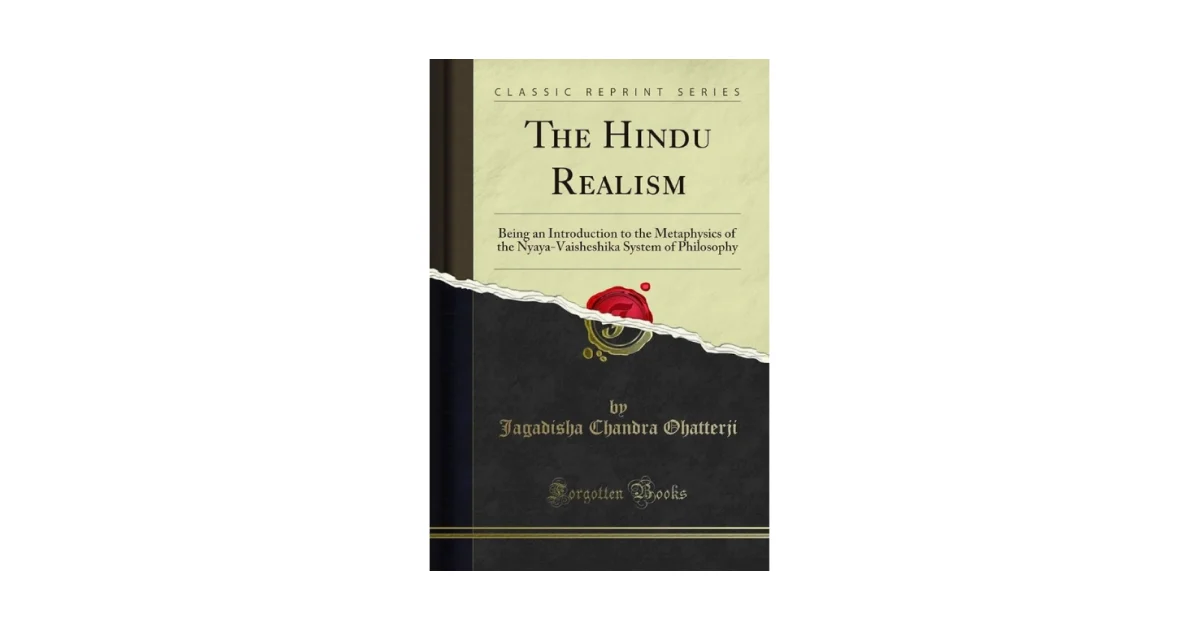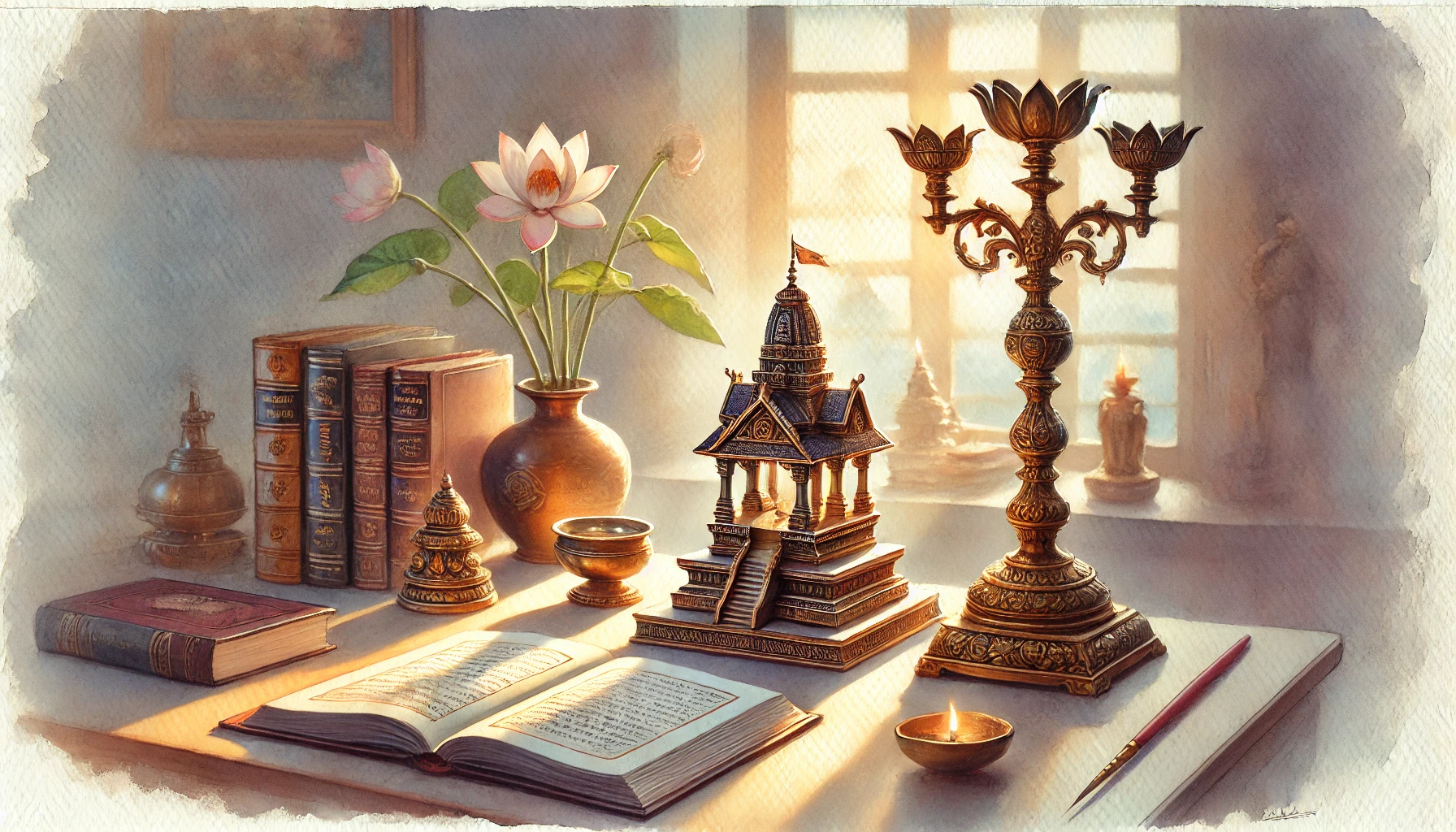As we navigate 2025, a year marked by an ever-accelerating exchange of cultures and a renewed appreciation for diverse heritage, it is timely to reflect on the profound legacy of Muttusvāmi Dīkṣitar. This towering figure of Indian Art Music, whose 250th birth anniversary we celebrate this year, offers not merely a historical curiosity but a powerful paradigm of innovation, intellectual depth, and cultural documentation that speaks directly to our contemporary world. Dīpāvali, the day that happens to mark Dīkṣitar’s death anniversary, is the perfect time to reflect on this master.
While his contemporaries, such as the widely celebrated Tyāgarāja, enjoy broad recognition, Dīkṣitar's genius, though perhaps less universally known outside of Karṇāṭaka sańgīta circles, presents a wealth of insights into Indian Knowledge Systems. Born in 1775, his life spanned a transformative era of early British colonization, a period he meticulously documented through his multimedia creations that seamlessly integrated music, prosody, and storytelling, drawing deeply from the wellsprings of Indian Knowledge Systems. His compositions, primarily in Saṃskṛta, stand as a unique and invaluable "travelog" of India's sacred geography, weaving together pan-Indian traditions with local lore, complex philosophical ideas, and a stunning range of melodies, all rooted in the rich tapestry of Indian Knowledge Systems.
Dīkṣitar is the only composer from Southern India who had spent five years of his life in Vārāṇasī, the spiritual capital of India.
What makes Dīkṣitar so remarkably relevant in 2025? Firstly, his unparalleled syncretism. In an age where cultural blending is both a reality and a goal, Dīkṣitar's ability to effortlessly fuse diverse textual undertones and musical influences within his work serves as a masterclass, reflecting the inherent inclusivity of Indian Knowledge Systems. He was not confined by convention; his "Nottusvara Sahityas," for instance, brilliantly set Saṃskṛta lyrics to colonial tunes, demonstrating an extraordinary openness to new possibilities in storytelling, while continuing to express the essence of Indian Knowledge Systems. This spirit of integration, of finding harmony in disparate elements, is a powerful message for a world striving for unity amidst diversity, a principle deeply embedded in Indian Knowledge Systems.
Secondly, Dīkṣitar was a profound innovator. He fearlessly experimented with musical forms, creating the bipartite kriti with its dramatic "madhyamakāla sāhitya" sections that double the tempo while maintaining the rhythmic cycle. He explored regional prosodic features in his lyrics, showcasing a deep understanding of linguistic nuances, drawing from the vast linguistic heritage within Indian Knowledge Systems. In a year where technological advancements constantly push boundaries, Dīkṣitar reminds us that true innovation often lies in a deep understanding of tradition, coupled with the courage to transcend its perceived limits, a philosophy central to the evolution of Indian Knowledge Systems. His creations offer a roadmap for how to honor heritage while simultaneously forging new artistic paths, embodying the dynamic nature of Indian Knowledge Systems.
Furthermore, Dīkṣitar’s compositions are far more than just musical pieces; they are rich historical and philosophical texts, deeply connected to the core of Bhāratīya Saṁskṛti. Showcased with elegant alliterative texts and sublime melodies are vivid descriptions of temples, deities, iconography, ancient narratives, and local traditions, all integral components of Indian Knowledge Systems. They explore esoteric tantric traditions, the Upaniṣadic vision of the Universe, and the impermanence of human life, reflecting the profound philosophical depth of Indian Knowledge Systems. In an era saturated with information, Dīkṣitar's work encourages us to delve deeper, to seek out the layers of meaning and the intricate tapestry of knowledge woven into artistic expression. He was, in essence, a historian, a travel blogger, a poet, a civilizational votary, and perhaps the first voice of decoloniality—all rolled into one—long before these terms were conceived, demonstrating the multifaceted nature and enduring relevance of Indian Knowledge Systems.
As we celebrate the 250th anniversary of his birth, it is imperative that we, as a global society, recognize and experience Dīkṣitar's monumental contribution. His music offers not just aesthetic pleasure but also a profound intellectual and cultural journey. In 2025, Dīkṣitar stands as a beacon, reminding us of the enduring power of art to document history, foster innovation, and bridge cultural divides—a true visionary whose message resonates now more than ever.
About the author: The author, Dr Kanniks Kannikeswaran, is an internationally recognized musician and composer based in the United States, draws on decades of research and practice. He has collaborated with artists such as Bombay Jayashri and Kaushiki Chakraborty, as well as with the Cincinnati Pops Orchestra, and has been recognized with honors including the Ohio Heritage Fellowship and the IIT Madras Distinguished Alumnus Award. He is the author of ‘Anubhuti - Experiencing Muttusvāmi Dīkṣitar’, published to commemorate Dīkṣitar’s 250th year.

.png)



